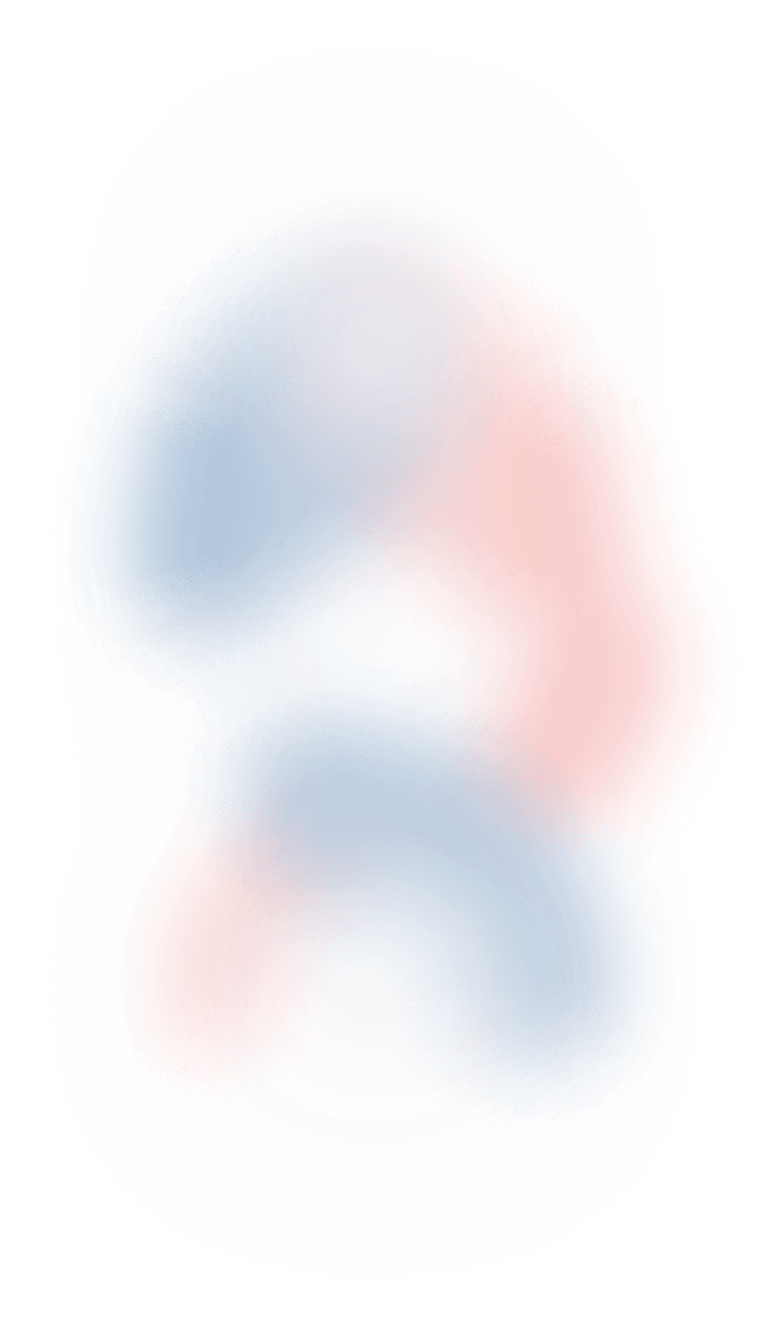Illinois cannabis law
| Medical patients | 2.5 oz |
| Recreational users | 1.05 oz Or 5 grams concentrate |
| Medical patients | 1-3% |
| Recreational users | 20-35% |
| Medical patients | Up to 5 plants |
| Recreational users | Illegal |



Do I qualify?


Concise guide to Illinois medical marijuana laws
- Alzheimer’s disease
- Amyotrophic Lateral Sclerosis (ALS)
- Anorexia nervosa
- “Any medical condition for which an opioid has been or could be prescribed by a physician based on generally accepted standards of care”
- Arnold Chiari malformation
- Autism
- Cachexia/wasting syndrome
- Cancer
- Causalgia
- Chronic Inflammatory Demyelinating Polyneuropathy
- Chronic pain
- Complex regional pain syndrome type 2
- Crohn’s Disease
- Dystonia
- Ehlers-Danlos syndrome
- Fibromyalgia
- Fibrous dysplasia
- Glaucoma
- Hepatitis C
- HIV/AIDS
- Hydrocephalus
- Hydromyelia
- Interstitial Cystitis
- Irritable bowel syndrome
- Lupus
- Migraines
- Multiple Sclerosis
- Muscular Dystrophy
- Myasthenia Gravis
- Myoclonus
- Nail patella syndrome
- Neuro-Behcet’s autoimmune disease
- Neurofibromatosis
- Neuropathy
- Osteoarthritis
- Parkinson’s disease
- Polycystic kidney disease
- Post-traumatic stress
- Reflex Sympathetic Dystrophy (RSD)
- Rheumatoid Arthritis
- Sjogren’s syndrome
- Spinal cord disease
- Spinocerebellar Ataxia (SCA)
- Superior canal dehiscence syndrome
- Syringomyelia
- Tarlov cysts
- Tourette’s syndrome
- Traumatic brain injury and post-concussion syndrome
- Ulcerative colitis
Two and a half ounces of cannabis per 14-day period
A registered patient may grow up to five mature plants
Yes
Yes, caregivers, who may serve only one patient, are permitted to pick up medicine for very ill, homebound patients and are also subject to possession limit.
140,342
Source: Compassionate Use of Medical Cannabis Program, as of December 31, 2023
No
Apply for your medical cannabis card in Illinois

Detailed overview of Illinois medical marijuana regulations
Possession limits for medical cannabis patients in Illinois
Under the Compassionate Use of Medical Cannabis Program Act, medical marijuana patients in Illinois are generally limited to purchasing and possessing up to a 14-day supply of 2.5 ounces or 71 grams of usable cannabis. However, the law does allow for exceptions. If a certifying healthcare professional determines that this amount is insufficient to alleviate a patient’s debilitating medical condition, they can provide a signed, written statement recommending a higher limit. This statement must present a substantial medical basis for the increased amount and can be submitted to the Illinois Department of Public Health for approval.
It’s important to note that the increased possession limit is only valid if it is authorized by the Department of Public Health. Without this authorization, patients are not permitted to possess more than the standard 2.5 ounces at any given time.
In addition, all medical marijuana patients in Illinois get priority access to buy cannabis at marijuana dispensaries, especially when there is a shortage of supply.
Patients are not allowed to sell or distribute their medical cannabis, as this is only for treatment. Also, all patients and caregivers must remain up to date with the purchase and possession limits in Illinois. Holding your medical marijuana card can help to avoid noncompliance with the law.
Cultivation and responsible use of medical cannabis in Illinois
Personal cultivation:
Registered medical marijuana patients and caregivers can cultivate up to five marijuana plants at home. Each plant must not be more than five inches tall.
Cannabis plants must be grown in a locked and enclosed space, and be invisible to the public. Also, it must only be on a residential property owned by the medical marijuana cardholder or with the consent of the homeowner.
Adults without a medical marijuana card in Illinois cannot grow cannabis for personal use. This violation attracts a $200 fine.
Commercial cultivation:
Cannabis growers in Illinois must get a cultivation license from the Department of Agriculture. Licensed businesses can cultivate cannabis for recreational and medical purposes.
Illinois only issues 21 licenses for cultivation, and they have all been issued. Holders of the cultivation license must grow the marijuana in locked and enclosed facilities.
The license authorizes the holder to cultivate and package cannabis and sell to licensed cannabis businesses, and attracts an $5,000 application fee and $40,000 license fee.There are three types of marijuana cultivation licenses in Illinois:
- Craft grower license
- Medicinal cultivation center license
- Adult-use cultivation center license
Primary caregiver responsibilities and considerations in Illinois
In Illinois, the responsibility of purchasing, possessing, and cultivating the state-allowed amount of medical cannabis is given to the medical marijuana patient and the official caregiver of the patient. Adults who are unable to take care of themselves or purchase cannabis properly, and patients under the age of 18, may appoint caregivers to assist them.
The caregiver is authorized to possess, obtain, transport, dispense and administer medical marijuana on behalf of the patient. Patients can have up to three caregivers at a time. Qualifying patients under the age of 18 can designate three caregivers, as long as one is a legal guardian or biological parent.
In the State of Illinois patients have the option to appoint caregivers by themselves. Here are the requirements to become a caregiver in Illinois:
- Be aged 21 or older.
- Reside in Illinois.
- Not have been convicted of a violent crime or a felony violation of the Illinois or United States Controlled Substances Act.
- Serve only one registered qualifying patient.
During registration, patients can add caregivers on the Illinois Cannabis Tracking System. If the patient is a minor or an incapacitated adult, the caregiver can apply directly with a proof of identity, caregiver attestation form and a $25 annual fee. Patients diagnosed with a terminal illness (six months or fewer to live) qualify for a free Terminal Illness Registry Card and can designate a caregiver without charge.
The main responsibility of a medical marijuana caregiver is to ensure that their patient is using cannabis safely. As a caregiver, it’s essential to stay up to date with the relevant laws in Illinois and comply with them. Ensure your documents are up to date to avoid implicating the patient, and respect the confidentiality of the patient’s medical information.
It’s a violation for caregivers to sell or consume the cannabis purchased for their patients.
Medical cannabis for veterans in Illinois
Veterans who will benefit from medical marijuana treatment due to their physical and mental health conditions can consider applying for a medical marijuana card in Illinois. Illinois allows veterans to apply and use cannabis treatment.
- Veterans who receive healthcare at Veterans Affairs (VA) centers do not need to get a written physician recommendation. But, they must provide their medical records from the VA healthcare center for the past 12 months to apply for a medical cannabis card. These records will be reviewed by the Illinois Department of Public Health (IDPH) to verify that the veteran has a qualifying medical condition and has received continuous care at the VA facility during that time. Veterans can obtain records via myhealth.va.gov or by submitting VA Form 10-5345. If not receiving VA care, a healthcare professional must submit an online certification.
- Veterans in Illinois are eligible for discounted state medical marijuana fees. Upon presenting proof of veteran status and submitting a copy of their DD-214 form (showing dates of service and discharge status) with their application, the fee is $25, $50 and $75 for one-year, two-year and three-year cards.
- Under federal law, marijuana is a Schedule One controlled substance and this is the same stance as the Department of Veterans Affairs. Veterans cannot use marijuana on VA grounds, but they remain entitled to VA benefits despite marijuana use.
- Medical marijuana patients in Illinois are prohibited from purchasing guns based on the Gun Control Act of 1968.
At Dr. Weedy, we are proud to support veterans who require medical marijuana treatment. We are dedicated to providing exclusive discounts to veterans who need medical marijuana certification, allowing them to receive affordable care. Click here to learn more about our veteran’s discount program.
Medical marijuana reciprocity and access for non-residents in Illinois
A reciprocity program is when a state allows individuals from other states to purchase medical marijuana with their medical card. Illinois does not allow medical cannabis reciprocity. This means that out-of-state patients cannot buy medical cannabis with their cards in Illinois.
Although Illinois does not accept out-of-state medical cards, other states accept Illinois’ medical cannabis cards. These states include:
- Arkansas: Illinois patients in this state must have a medical cannabis visitor card from their health department, and the cards are valid for up to 90 days.
- Georgia: Illinois cannabis patients can only possess up to 20 ounces of low THC oil, and cannot purchase medical cannabis.
- Hawaii: Patients from Illinois need to obtain a visitor card from the Hawaii State Department of Health by applying through the online portal. The card expires after 21 days and visitors can only get the cards twice in a year. Also, the specific qualifying conditions for visitors in Hawaii are different from that in Illinois.
- Iowa: Illinois medical cannabis card holders can only possess up to 4.5 grams of THC and cannot purchase medical marijuana.
- Maine: Full dispensary access is given to Illinois medical marijuana patients.
- Michigan: Full dispensary access is given to Illinois medical cannabis patients.
- Missouri: Illinois MMJ cardholders can possess medical cannabis.
- Nevada: Full dispensary access is given to Illinois medical marijuana cardholders.
- New Hampshire: Visiting marijuana patients from Illinois can only possess up to 2 grams of cannabis but cannot purchase it. This only covers patients that have specific health conditions.
- New Jersey: Not yet known.
- New Mexico: Full dispensary access is given to Illinois medical marijuana cardholders.
- Oklahoma: Visiting Illinois patients must get a visitors card from the Oklahoma Medical Marijuana Authority through this online application.
- Puerto Rico: Full dispensary access is given to Illinois patients with a valid medical cannabis card.
- Utah: Visiting Illinois patients must get a visitors card from the Utah Department of Health via an online application. Visitor cards expire after 21 days and visitors can only get a card twice a year. This only covers patients with specific medical conditions.
- District of Columbia: Full dispensary access to Illinois patients with a valid medical marijuana card.
Diagnosis and medical marijuana treatment for PTSD and chronic pain in Illinois
Most patients in Illinois are concerned about whether they can receive a medical marijuana card for chronic pain and PTSD. Illinois has over 50 qualifying medical conditions for a medical cannabis card, and it includes PTSD and chronic pain.
- PTSD: Post-Traumatic Stress Disorder is a mental disorder that occurs when a patient witnesses or experiences a traumatic event and is unable to recover. PTSD presents with symptoms like anxiety, nightmares and hyperarousal. These patients can consider medical marijuana treatment to deal with the symptoms. It’s essential to consult a qualified Illinois physician to determine whether medical marijuana treatment is suitable.
- Chronic Pain: Severe pain that is not subdued with conventional medical treatment qualifies for medical marijuana treatment in Illinois. Cannabis is suitable for reducing pain and inflammation. If you fall under this category, discuss with your physician to know if medical cannabis treatment is ideal for you.
Employment protections for medical marijuana patients in Illinois
According to Section 40 of the Compassionate Use of Medical Cannabis Program Act, employers must not discriminate against medical marijuana patients solely because they use medical marijuana. Medical cannabis patients cannot be denied employment or promotion because they use this medication.
Also, having a medical marijuana card protects employees from drug tests at the workplace. Federal employees in Illinois are not protected by this act because marijuana is illegal at the federal level.
Cannabis users are also protected under the Illinois Human Rights Act (IHRA). The IHRA protects cannabis users, including reasonable workplace accommodation and consuming legally without discrimination. Under the IHRA, cannabis users can sue a person that discriminates against them solely because of cannabis use. This applies to the workplace, although employers have the right to enforce a drug-free workplace.
























